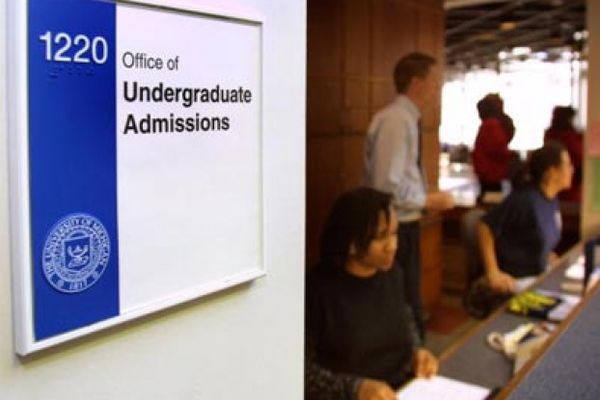Tests are a fact of life throughout our school careers, but one of the most important, and, to some, the scariest, of them all is the SAT -- that three-hour exam that's supposed to measure a high school student's chance of academic success in the first year of college. Some colleges consider SAT scores major factors in their admission process (See How College Admission Works), while others view high school academic performance, along with recommendations and extracurricular activities, equally, or even more, important. No matter where you're headed, if you're a high school student, the SAT is important to you because most colleges require students to report either SAT or ACT Assessment (another test) scores.
Why is this test so important? When should you take it? What are the questions like? What do the scores mean? In this edition of How Stuff Works, we'll look at all aspects of the SAT and tell you everything you need to know before and after taking it. And we'll give you some tips to help keep you calm and focused during your SATs! Can you say, multiple choice?
Advertisement
What Is the SAT and Why Is It Important?
First of all, SAT no longer stands for Scholastic Aptitude Test, the original name of the test when it was introduced in 1941. Although you may still see that name occasionally, the College Board, the not-for-profit educational association that sponsors the SATs, decided to let the acronym stand on its own as a way of addressing controversy about the meaning of the word "aptitude." The College Board also rejected the alternative "Scholastic Assessment Test." (English teachers probably pointed out that this name was redundant, since assessment means test.)
The SAT I measures verbal and math reasoning abilities that you've developed throughout your school years. The multiple-choice test, developed by the not-for-profit Educational Testing Service, is intended to let students demonstrate their verbal and math abilities without regard to the kind of schooling they've had. According to the College Board, the test looks for a student's ability to understand and analyze written material, to draw inferences, to differentiate shades of meaning, to draw conclusions and solve math problems -- all skills that are necessary for success in college and the work world.
(The American College Testing (ACT) Assessment, which was introduced in 1959, is an alternative to the SAT that virtually all colleges and universities now accept. Developers of the test tout it for its curriculum-based questions, saying that their test is more directly related to what is actually taught in high school.)
Advertisement


